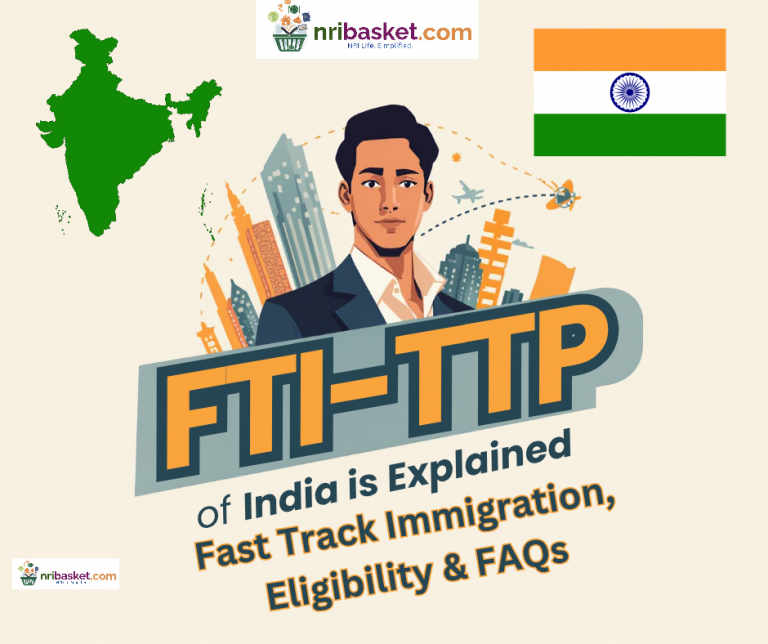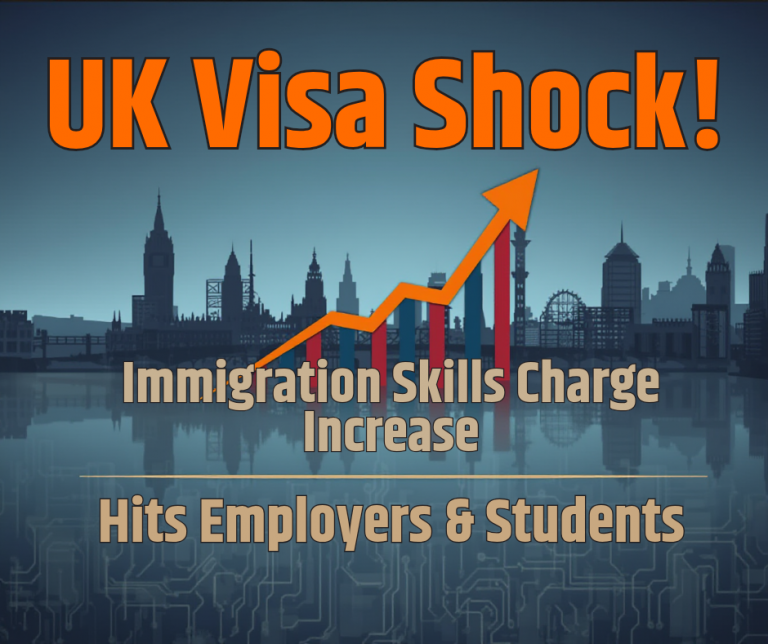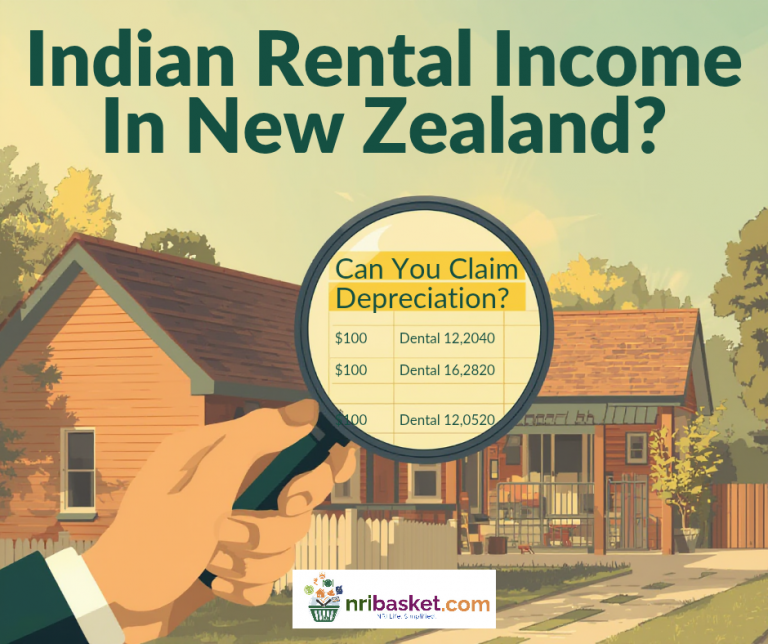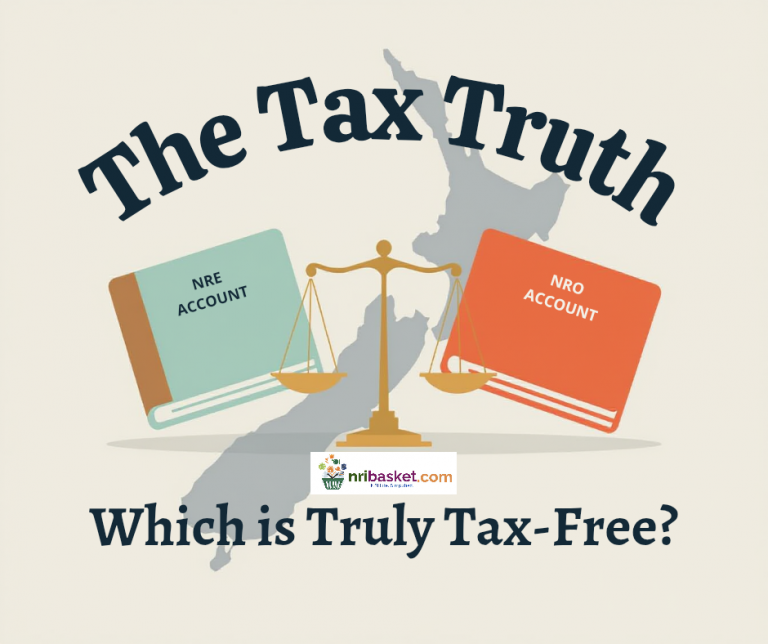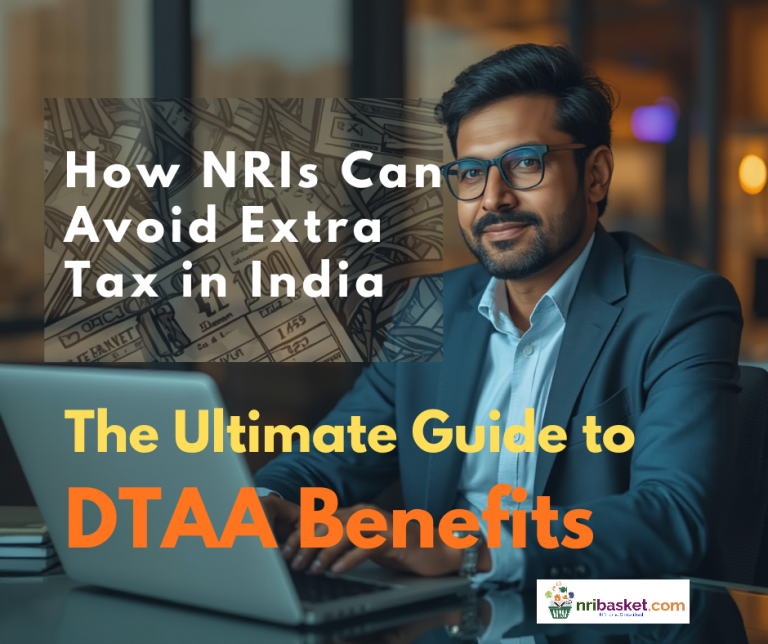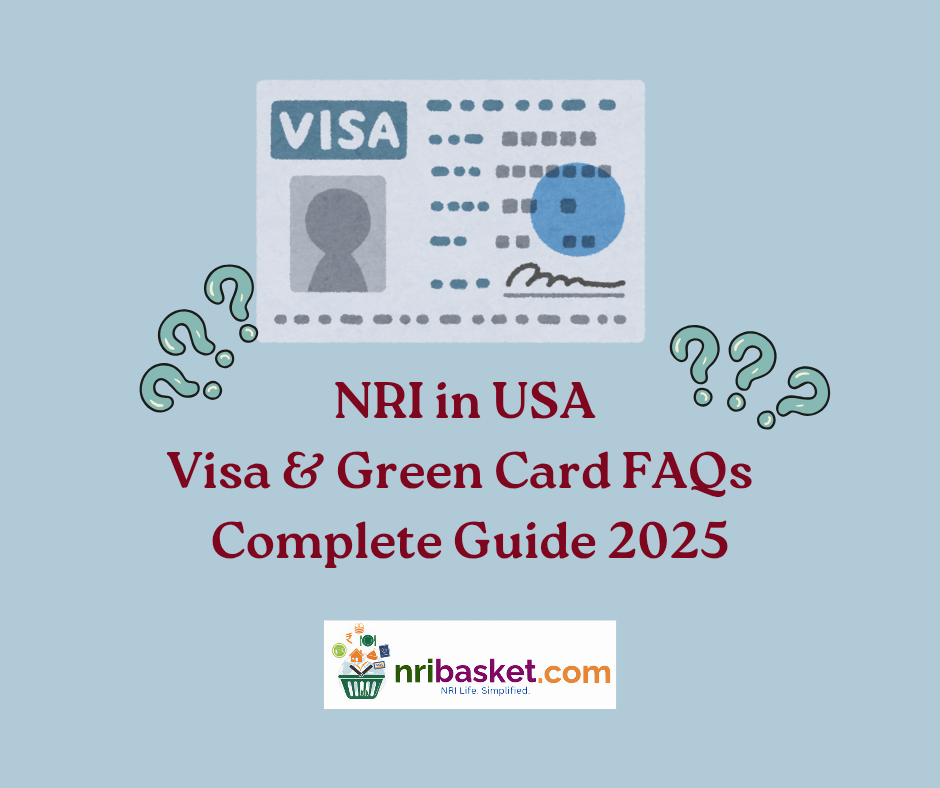
Green card and visa renewal for nri in usa complete guide faqs
NRI in USA –Green Card & Visa Options FAQs
Complete Guide for NRIs on US Visa Renewal, Extensions & Green Card Pathways
Long Answer: Most NRIs in the USA are on temporary visas such as H1B (work), F1 (student), L1 (intra-company transfer), B1/B2 (visitor), or dependent visas like H4. Each has its own renewal and extension rules.
Long Answer: The H1B visa is initially granted for 3 years and can be extended for another 3 years, making it a total of 6 years. Extensions beyond 6 years are possible if a Green Card process is underway.
Long Answer: Visa renewal refers to extending your legal stay (through USCIS approval), while stamping refers to obtaining a visa stamp at a US consulate abroad to re-enter the USA after travel.
Long Answer: For H1B, F1, and other visas, extensions can be filed with USCIS while staying in the USA. However, to re-enter the country after international travel, you may need fresh stamping from a US consulate.
Long Answer: The sponsoring employer must file Form I-129 with USCIS before the visa expires. If approved, your stay is extended. You may also need a new visa stamp abroad if you travel outside the USA.
Long Answer: H4 dependents (spouse and children) can apply for extension of status when the H1B is renewed. Some H4 visa holders may also qualify for work authorization (EAD) if the primary H1B holder is on the Green Card track.
Long Answer: Optional Practical Training (OPT) allows F1 students to work in the USA after graduation. It can be extended for 24 months if the student is in a STEM field and their employer is E-verified.
Long Answer: The H1B is a non-immigrant visa tied to employment, while a Green Card grants permanent residency and freedom to work for any employer. Many H1B holders apply for Green Cards to stay long-term.
Long Answer: The most common Green Card routes for NRIs are employer sponsorship (EB-2, EB-3), family sponsorship (spouse or parent who is a US citizen), or the EB-5 investor program. Each has specific eligibility rules.
Long Answer: The EB-2 National Interest Waiver (NIW) allows qualified professionals, researchers, and entrepreneurs to apply for a Green Card without employer sponsorship if their work benefits the US national interest.
Long Answer: Many NRIs on H1B visas file for Green Cards while continuing to renew H1B extensions. The visa allows them to legally stay and work until the Green Card process is complete.
Long Answer: Due to the high demand and country-wise quota system, Indian nationals often wait a decade or more for employment-based Green Cards, especially in EB-2 and EB-3 categories. Family-based cases may be faster.
Long Answer: Once you file for Adjustment of Status (Form I-485), you must have Advance Parole or a valid visa to re-enter the USA. Traveling without it can cancel your Green Card application.
Long Answer: Advance Parole allows NRIs who have applied for Adjustment of Status to leave and return to the USA without abandoning their application. Without it, international travel can cause denial.
Long Answer: While visa renewals don’t always require insurance proof, Green Card applicants must pass a medical exam (Form I-693), which includes vaccination and health checks. Some visas may also require valid coverage.
Long Answer: If USCIS denies your visa renewal, you may appeal, submit a motion to reopen, or file a new petition. In some cases, you may be required to leave the USA immediately to avoid unlawful presence.
Long Answer: Many F1 students on OPT transition to H1B status through the lottery system if their employer sponsors them. Filing must be done within the designated H1B application period.
Long Answer: US citizenship requires holding a Green Card for at least 5 years (3 years if married to a US citizen). Temporary visas like H1B or F1 do not lead directly to citizenship.
Long Answer: Employers must file Labor Certification (PERM) and I-140 petitions to sponsor NRIs for Green Cards. They also provide job offers, pay prevailing wages, and support documentation throughout the process.
Long Answer: H1B visa holders can change employers if the new employer files an H1B transfer petition. Work can start once USCIS receives the petition, even before approval, but rules vary by case.
Long Answer: Any child born in the USA automatically receives US citizenship, regardless of the parents’ visa status. They do not need a visa or Green Card, but parents must maintain valid status.
Long Answer: While the Green Card is in process, applicants can apply for an Employment Authorization Document (EAD), which allows them to work legally for any employer in the USA until their case is decided.
Tags: NRI in USA, visa renewal,
H1B visa renewal for Indians,
F1 to H1B visa transition USA,
Green Card process for NRIs in USA,
OPT extension for Indian students,
H4 dependent visa renewal USA,
NRI US citizenship process,
EB-2, NIW Green Card Indians,
NRI visa stamping USA,
Advance Parole USA for Indians,
US immigration FAQs for NRIs,
NRI child citizenship USA,

